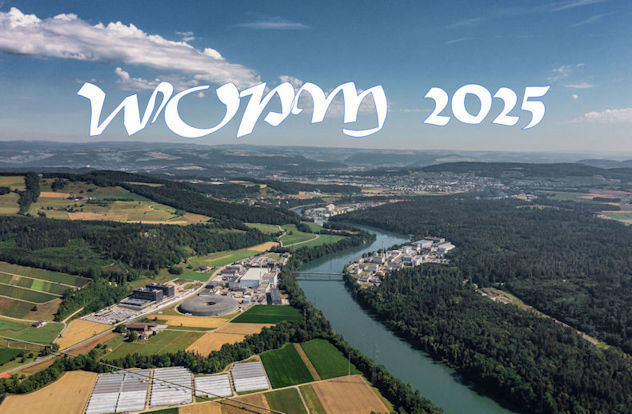Speaker
Description
Global navigation satellite systems (GNSS) are at the forefront of navigation and are ubiquitous in everyday life. However, GNSS has limitations for use cases where satellite reception is limited, such as underground navigation. The upkeep of existing satellite infrastructure, as well as the prevalence of jamming and spoofing devices limit the reliability of GNSS for the localisation of critical hardware. One alternative solution that does not suffer from these drawbacks is magnetic field navigation [1]. This technique uses maps of local magnetic field anomalies and map-matching algorithms to determine position.
We present a modular total field optically pumped magnetometer (OPM) system [2] capable of operating within Earth's magnetic field. A common technique for mitigating platform noise is by offsetting the sensor as far away from the platform as possible. In many real world applications this is not feasible and a compact form factor is required and therefore the contributions from platform noise to the overall magnetic measurement must be addressed. We showcase some of our magnetic data and explore the challenges of suppressing platform related magnetic disturbances.
A. Canciani, Navigation: Journal of the Institute of Navigation 63, no. 2, pp. 111–126 (2016).
T. Coussens et al., Quantum Science and Technology, DOI 10.1088/2058-9565/ad4e60 (2024).

